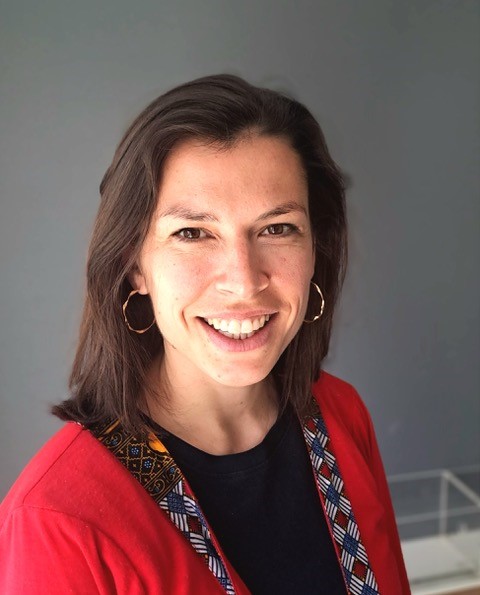Minodu


Climate change and population growth in sub-Saharan Africa make it difficult to manage land sustainably while conserving natural resources. There is often a gap between existing, scientific concepts on sustainable land management and concrete solutions on the ground.

DFKI - German Research Center for Artificial Intelligence
The Minodu project aims to close this gap by processing existing knowledge in a user-friendly way, creating local networks and developing concrete solution approaches together with the communities. It also considers how results can be shared with groups that have limited access to digital technologies. The goal is to provide and improve knowledge on topics such as climate change, sustainability, water management, and desertification, as well as relevant technologies, through various participation formats.
Together with communities in Togo, the project team is working out how to make concrete improvements on the ground toward more sustainable land use, what resources are available, and how stakeholders can benefit from a shared network with other actors. Digital technologies and social action are combined to create new opportunities and build connections between different groups. Through this hands-on approach, knowledge is sustainably anchored in all participants and an emotional connection to the topic is created.